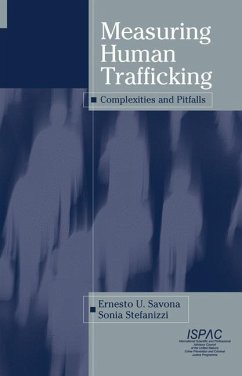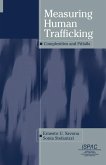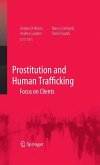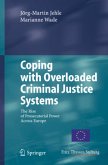The trafficking of human beings is a major worldwide problem. Due to the scarcity, unreliability and non-comparability of existing data in the various affected countries there are serious difficulties related to the development of a comprehensive counter-strategy. Although there has been some improvement in the last years, the statistics on human trafficking that are available internationally are still highly unsatisfactory.
There is an urgent need for a structured system to monitor this crime, a system that assesses and quantifies the illegal activity and provides the same set of quantitative and qualitative data for different countries. It should also registrate the level of response and the compliance to the requests set by the United Nations in their Protocol on trafficking in human beings. A body of information of this kind would yield profound knowledge on the problems and circumstances of people involved in the trade. The data could then be analysed with the overall goal of devising new solutions at both the national and supranational levels.
In the light of the above-mentioned issues, this book starts with analysing various definitions used and thereafter the complexity of phenomena that impair the collection and comparability of data on human trafficking. Finally different approaches, both quantitative and qualitative are compared and discussed, with the aim of coming to an effective monitoring system.
There is an urgent need for a structured system to monitor this crime, a system that assesses and quantifies the illegal activity and provides the same set of quantitative and qualitative data for different countries. It should also registrate the level of response and the compliance to the requests set by the United Nations in their Protocol on trafficking in human beings. A body of information of this kind would yield profound knowledge on the problems and circumstances of people involved in the trade. The data could then be analysed with the overall goal of devising new solutions at both the national and supranational levels.
In the light of the above-mentioned issues, this book starts with analysing various definitions used and thereafter the complexity of phenomena that impair the collection and comparability of data on human trafficking. Finally different approaches, both quantitative and qualitative are compared and discussed, with the aim of coming to an effective monitoring system.








